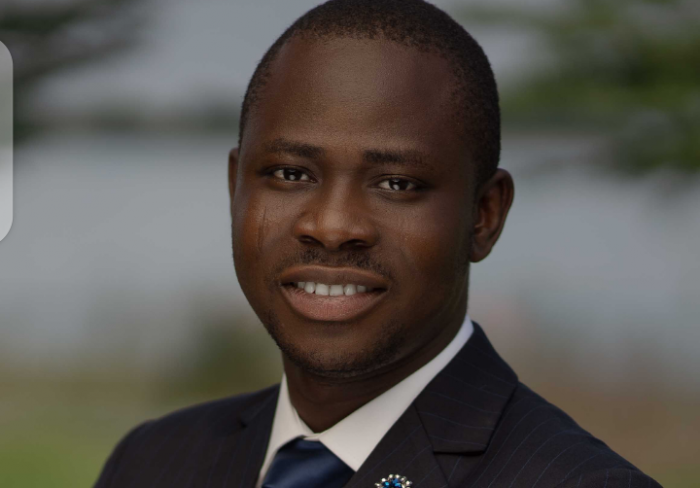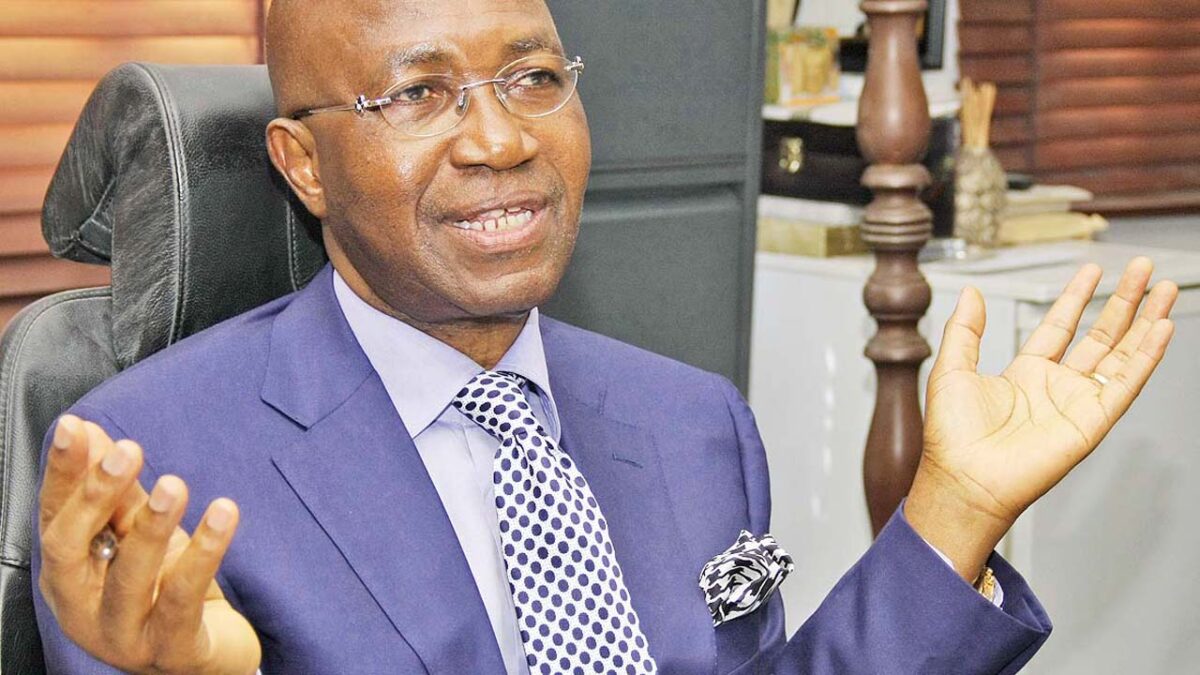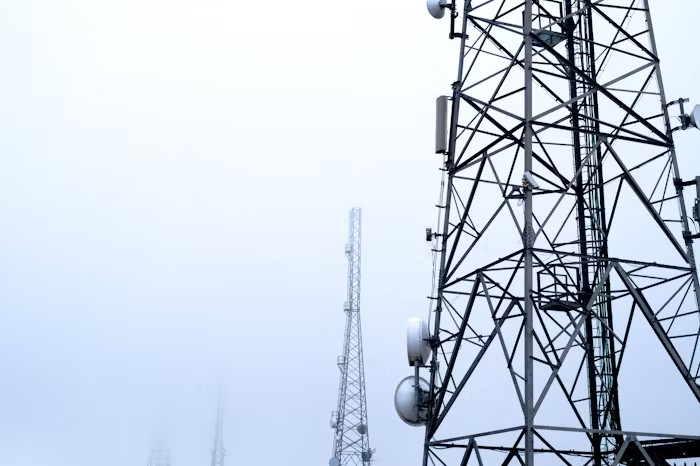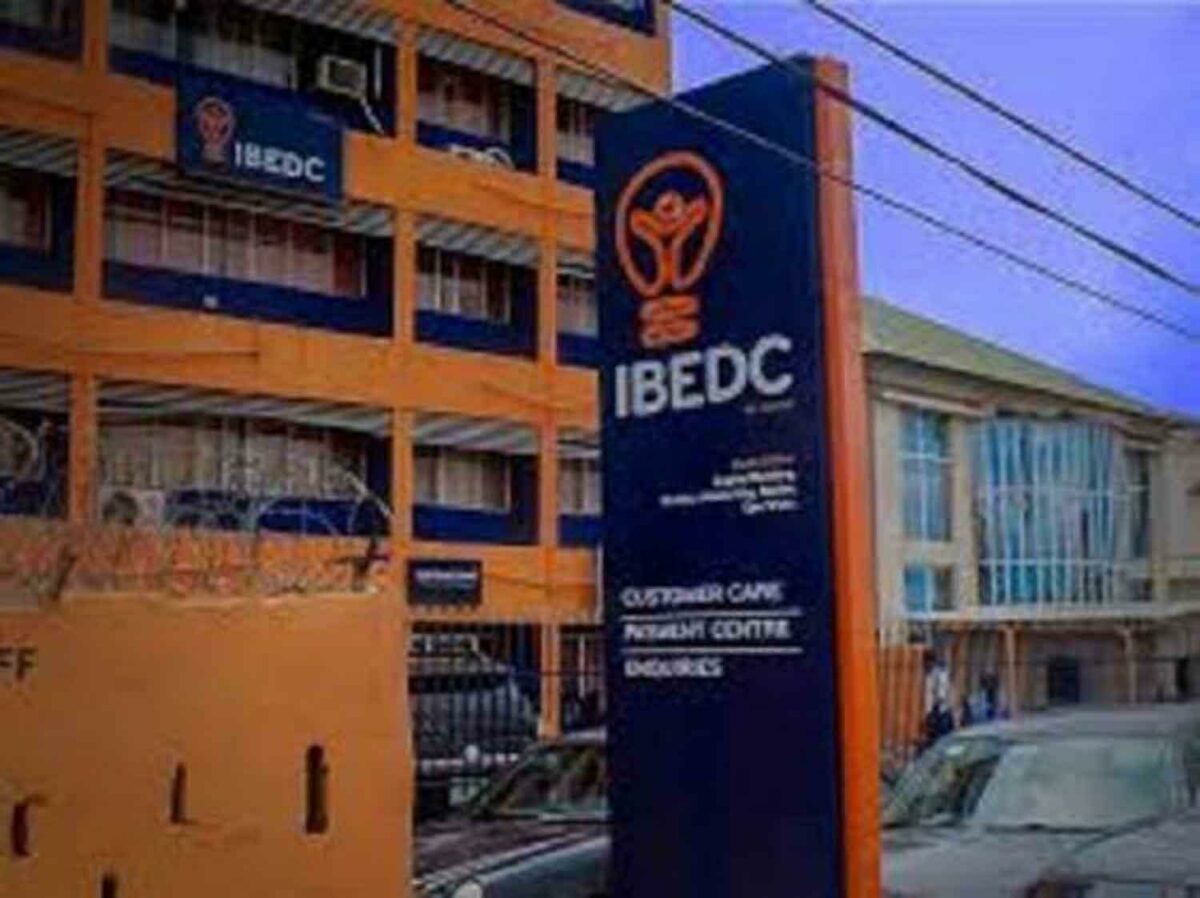Despite a steady decline in voter turnout, the cost of conducting elections in Nigeria has become a growing concern in recent times.
This comes at a period citizens have continued to lose interest not only in the electoral process but also in governance. While it is common knowledge that taxpayers’ money are used to conduct elections, Nigerians have continued to show little or no interest in the process expected to produce leaders who would make decisions and policies geared at ‘improving the lot of the country’.
READ ALSO: Jumia Holds On to Customer’s Payment After Delivering Wrong T-Shirt
Recently, the Independent National Electoral Commission (INEC), while presenting its Election Project Plan (EPP), proposed a N305 billion budget for the conduct of the 2023 general election. This represents a 67 per cent increase when compared to the N189 billion spent during the 2019 elections.
MORE REGISTERED VOTERS BY 2023
However, it is important to note that the 2023 exercise is expected to have more registered voters than the 84 million registered voters recorded in 2019. This is because the commission had established over 56,000 new polling units between then and now.
It is also worth noting that the 2019 general elections saw approximately per cent voter turnout, whereas the most recent governorship elections held in Anambra in 2021 saw an all-time low voter turnout of 10 per cent.
The main reasons for this are a lack of trust in the process and the fact that Nigerians do not always feel the effects of governance. Regardless, elections will continue to be held at a higher cost, with INEC making provisions for all eligible voters, including the more than 60 per cent eligible Nigerians who may not show up at voting centres.
Political analysts may argue that the cost of conducting elections in Nigeria will continue to rise, but the reality is that voter turnout may continue to fall if practical steps to address the level of apathy exhibited during the process in Nigeria are not taken.
RECENT TECHNOLOGICAL INNOVATIONS
It is heartening, however, that recent technological innovations by election stakeholders, particularly INEC, are gradually demonstrating that citizens would likely be willing to participate in the process, only if it is seamless. In fact, the ongoing Continuous Voters Registration (CVR) process, which began online, revealed that more young people were accessing the online portal to register.
For example, as of May 16, over 16 million Nigerians had accessed the INEC Portal for new registration, transfer of registration, request for new Permanent Voters Card (PVC), voter information update and other purposes.
READ ALSO: FCCPC Asks Wema Bank to ‘Come Clean’ on Strange Messages to Non-Customers
Over nine million prospective voters have begun the process of joining the voters register online, but only slightly more than 5 million Nigerians have gone to complete the process at INEC registration centres (This includes the 1.4 million that were flagged as invalid).
If the process had only warranted registering and completing the exercise online, an enormous number of voters would have been added to the register, increasing citizens’ trust in the process.
MAKING ELECTORAL PROCESS MORE TRANSPARENT
Beyond the CVR, technological advancements such as the Smart Card Reader, Bimodal Voter Accreditation System (BVAS), and Report Viewing Portal (RVP) have demonstrated that the electoral process can be made more transparent and credible, thereby encouraging more participation.
Ordinary citizens were able to view results from the RVP even before official election results were announced during the 2020 Edo and Ondo Governorship elections. During the Ondo elections, a leading election observer group reported that more than 90 per cent of the election results were already available on the portal by 4 pm on the election day.
Thus, not only INEC, but also security agencies, can use technological devices to create early warning systems that will prevent electoral violence from escalating. To ensure transparency, critical election stakeholders are deploying technologies to track the election day process from arrival, set-up, and accreditation to the announcement of results.
READ ALSO: Two Years After, GTBank Continues To Keep Mum Over Civil Servant’s N540,000
YvoteNaija, a civic hub for young people, is a good example of people who leverage on the power of technology to track election results and making it available in real-time. This further encourages citizens to actively engage in the electoral process and also monitor their polling units. With effective deployment of Information and Communication Technologies (ICT), citizens can observe the process and verify the accuracy of official election results.
Thus, the fact that, technologies can provide these alternatives that place power in the hands of citizens. Elections conducted in the country would also become advanced beyond actively participating and deciding who leads citizens.
It would also furnish information on the credibility of the process and provide recommendations on how the process can get better.
There is no gainsaying the fact that, the 2022 electoral act that empowers INEC to deploy technology for accreditation and transmission of election results was driven by young people who understand that civic-tech can go a long way in addressing voter apathy, especially among the youths who are by far the largest in terms of demography.
In a nutshell, election management bodies and Civil Society Organisations can use technology to make the registration process seamless, encouraging citizens to participate, and the election day process transparent and credible enough to ensure the sanctity of votes.
MAKING PROGESS THROUGH TECHNOLOGICAL INPUT
To add to these, CSOs such as BudgIT, Connected Development, Yiaga Africa, Tracka, and others, have worked consistently on accountability, particularly in the area of budgeting. With the use of innovative technologies, these organisations have tracked budget implementation and, in recent times, exposed public office holders who diverted public funds and inflated contracts.
Indeed, it is not yet Uhuru and of course, it is not as easy as its written above. However, the little progress made so far has revealed that civic-tech solutions can go a long way in addressing citizens’ apathy for elections and by extension, democratic governance.
READ ALSO: Nigerian Arrested in India for Defrauding over 300 Women After Promising Them Marriage
Technology may not be a silver bullet that solves all election and governance-related challenges, nonetheless, better access to information usage and dissemination while putting the right information in the right hands, and at the right time, would enhance better decisions.
Olasupo Abideen is a good governance, youth investment and public policy enthusiast. Abideen serves as the Kwara state coordinator of the NotTooYoungToRun movement and he is the executive director, Brain Builders Youth Development Initiative.
Please send comments and feedback to [email protected] .
He tweets @opegoogle.
Subscribe
Be the first to receive special investigative reports and features in your inbox.















